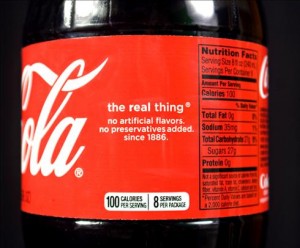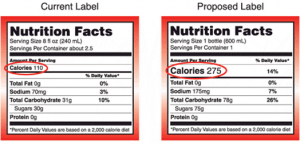Another sad partnership story: AAFP and Coca-Cola
On October 6, the American Academy of Family Physicians (AAFP) announced its new partnership with Coca-Cola. What does AAFP get from this? A grant “to develop consumer education content on beverages and sweeteners for FamilyDoctor.org.”
The AAFP, says its president, looks forward to
working with The Coca-Cola Company, and other companies in the future, on the development of educational materials to teach consumers how to make the right choices and incorporate the products they love into a balanced diet and a healthy lifestyle.
Coca-Cola must be thrilled with this. As its CEO explains in an op-ed in yesterday’s Wall Street Journal, soft drinks are entirely benign and have nothing to do with obesity. Obesity is due to lack of physical activity and eating too much of other foods, not Coke. His view of the situation is entirely predictable.
But what about the AAFP? Family practice doctors have been telling me for years that it is not unusual for them to see overweight kids and adults in their practices who consume 1,000 to 2,000 calories a day from soft drinks alone. The first piece of advice to give any overweight person is to stop drinking soft drinks (or other sugary drinks).
This partnership places the AAFP in embarrassing conflict of interest. I gather that members were not consulted. They need to make their voices heard. I hope AAFP members decide that no matter what Coke paid for this partnership, their loss of credibility is not worth the price.
Addendum: Here’s what a Chicago Tribune blogger has to say about this.
Further addendum, October 10: As noted in the comments, AAFP members were consulted, more or less. Apparently, they decided Big Food was less of a problem than Big Pharm. Really? How about selling out to neither?



